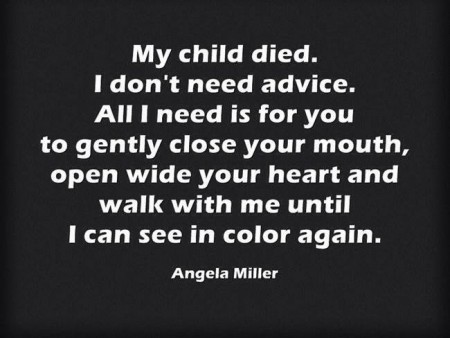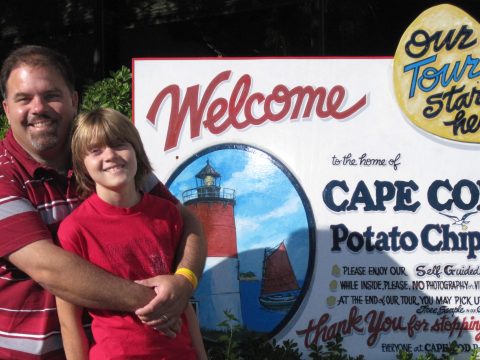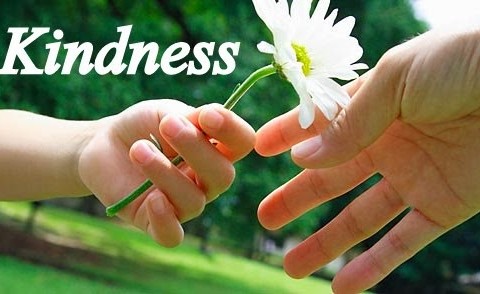
By Angela Miller
If you’re a bereaved parent, you can probably count on at least five hands the number of phrases you wish people would never, ever say to you. If only there was a way for the world to learn how to speak compassionately to the brokenhearted. What many people believe is a comforting statement, most often is not. It usually feels more like a slap in the face or a swift punch in the gut. Or like an uncontrollable need to vomit. Or all three at once. There seems to be a large gap between intention and what’s actually being communicated to those of us who are hurting. 1) Time heals all wounds. Last I checked in my journey of trekking through the unimaginable, time hasn’t been working any overtime hours “healing” me. And even if on some far away planet time does heal all wounds, it doesn’t make it helpful or comforting to hear when suffering in a ditch. Alone. Without much hope or a rope. Time can help soften and change some of the sharpness of grief, but time alone doesn’t heal. Time + focused intention can create a current in the direction of healing, but triple underline this: Not all wounds heal, no matter how much time passes. Not every wound turns into a scar. Not all suffering ends in this lifetime. Yes, in time it might scab over, but the slightest bump or scratch can make it start to bleed all over again. Ask any bereaved parent– he or she will tell you– child loss is a wound that won’t ever completely heal. No matter how much time or good intention, living a life without one (or more) of your children is a wound that forever bleeds. No matter how many band-aids cover it over time. Try instead: What would feel healing/helpful to you right now? ~ Is there any way I can help carry your burden? ~ What do you need most today? ~ I am with you. Always. 2) Let go… Move on. You’d feel better if you let go/move on… You’re hanging onto him too much, that’s why you’re so sad… If you’d just let go you could start living again… Anything that implies “get over it” will only add more unnecessary pain and hurt to a bereaved parents’ already gaping, oozing wounds. What on earth is left for grieving parents to “let go of” when they’ve already lost the most precious treasure of their entire life to death? We’ve already been forced to let go of someone who we would’ve given our own life to keep. The only thing we have left to hold onto is our child’s memory and our abiding love for him or her. And in doing so we courageously move forward, but never do we move on. Moving on implies not taking our child with us throughout the rest of our lives. When someone tells me I need to “move on/let go”, I tell them to move on from my life because I will proudly carry my son with me everywhere I go. If people have a problem with it, I have no problem letting them go. Try instead: Hold on to me. I’ll walk with you every step of the way. ~ No matter how painful, I’ll be with you every breath you take apart from your child. ~ Tell me about your beautiful child. What was he like? What do you miss the most? 3) Have faith. If you’d just have faith, this wouldn’t hurt so badly… If you had a strong faith like I do, you wouldn’t still be grieving like this… If you’d just trust God you wouldn’t be suffering so much… Guess what? Grief is not indicative of a lack of faith. Ever. So stop playing the faith card in an attempt to comfort someone who is suffering the worst human pain IMAGINABLE. Having faith doesn’t make the fact that our child was robbed from us far before her time any easier or more bearable. And it certainly doesn’t make it hurt any less, or make us feel more supported. All it does is make it more probable that someone might feel like punching you in the face. Furthermore, it shames a bereaved parent into thinking– Wow, if only I had more faith I wouldn’t hurt so much. What am I doing wrong?– which I hope is the exact opposite message you’re intending to send. Bereaved parents already feel isolated and alone in a world that predominately doesn’t understand child loss, and judging a grieving person’s level of faith by their depth of grief is not only ludicrous, it’s downright cruel. Just don’t. Try instead: I love you. ~ What is it like to keep living without your child? 4). Everything happens for a reason. No. It doesn’t. Sometimes the most horrible, cruel, unimaginably awful things happen to the best, most amazing, incredibly loving people on the planet. And guess what? Sometimes life just plain doesn’t make sense. Sometimes things happen for no logical reason at all. Saying “everything happens for a reason” is possibly the fastest way to make a grieving parents’ blood boil. There is no reason good enough in all of heaven and earth that my son is buried underground while my feet continue to walk the earth. I get that most people say this in an attempt to make sense of what is senseless, but instead let’s just state what is true: It makes no *bleepin’* sense at all. Children should never, ever die before their parents. We all want the world to feel safe and predictable, and the word childloss is the quickest way to shake the foundation of those closest to us. The thought of it is downright terrifying. It pops even the most carefully crafted safety bubbles. The truth is, witnessing the suffering of others might crack you open– possibly wide open. Let it. It’s supposed to. It’s in the cracking that our hearts can offer empathy and true support instead of false platitudes, unwelcome advice or a severed relationship that offers no comfort to your hurting loved one. Try instead: I’m so sorry. It’s just not fair. ~ There’s no good reason this happened. You don’t deserve this pain. I wish I could take it away from you. ~ It breaks my heart to see you suffering. ~ This is complete bullshit. I’m so sorry. 5). At Least. Any sentence starting with at least should never be spoken to a bereaved parent. Never. Ever. “At least she didn’t suffer… At least he died young… (??!!!) … At least you can have more children… At least you got as long as you did with her… At least it was quick and painless… At least you were blessed to have him at all.” There is no at least in childloss. None. If you want to support your loved one in the best way possible, keep “at least” out of your conversations with her. Try instead: I miss him too. I wish he was here with us. ~ What’s your favorite memory of her? ~ What helps you feel closest to him when you miss him the most? 6). Be thankful. Be thankful you can have more children (newsflash: not everyone can!) … Be thankful for your living children… Be thankful you had her at all. Telling someone who has lost more than you can ever imagine to be thankful, is like slapping her in the face instead of hugging her. Seriously. Don’t do it. You better believe any bereaved parent in the world could school you in the art of being thankful. There’s no need to lecture us on the topic. We’re thankful more than thankful has ever been thanked. We’re grateful for each precious moment we were blessed to have our child, and this gratitude for every single blessed moment is what keeps our heart beating. And if we do have other living children you better believe we’re thankful to the nth degree for the children we still have, but that doesn’t take away the lifelong pain of living without one (or more) of our precious children. Try instead: I’m thankful for you. ~ I’m thankful for your child. ~ I’m thankful for our friendship. ~ I’m thankful to witness your courage and bravery and strength.
Last week I read a quote that sums up this one quite nicely: “Before you tell a grieving parent to be grateful for the children they have, think about which one of yours you could live without.”
Enough said.



